It could be said that if anyone should advise us on how to achieve our goals, it could be Steve Jobs - the owner of Apple and Pixar, companies with great names and great value. Jobs was a true master of achieving his own goals, and it didn't always happen by following all the rules.
To build Apple and Pixar into giants in their field, Steve had to overcome many difficult obstacles. But he had developed his own "distorted reality field" system for which he was famous. In short, it could be said that Jobs was able to convince others that his personal thoughts were actually facts with the help of his own insight into reality. He was also a very skilled manipulator, and few could resist his tactics. Jobs was undoubtedly a very distinctive personality, whose practices often bordered on the extreme, but a certain genius cannot be denied to him in many ways, and we definitely have a lot to learn from him even today - whether in the career or private field.
Don't be afraid of emotions
Jobs saw the process of selling yourself or a product as the key to getting others to buy into your ideas. Before launching iTunes in 2001, he met with dozens of musicians in hopes of getting record labels for his project. Trumpeter Wynton Marsalis was also one of them. "The guy was obsessed," Marsalis confided after a two-hour conversation with Jobs. "After a while, I started staring at it, not the computer, because I was fascinated by its ignition," he added. Steve was able to impress not only partners, but also employees and the audience who witnessed his legendary Keynote performances.
Honesty above all
When Steve Jobs returned to Apple in 1997, he immediately began working to revive the company and give it the right direction. He called the top representatives of the company to the auditorium, took the stage wearing only shorts and sneakers and asked everyone what was wrong with Apple. After only being met with embarrassed murmurs, he exclaimed, “It's the products! So – what's wrong with the products?”. His answer was another muttering, so he again told his listeners his own conclusion: "Those products are useless. There is no sex in them!”. Years later, Jobs confirmed to his biographer that he really had no problem telling people face-to-face that something wasn't right. "My job is to be honest," he said. "You have to be able to be super honest," he added.
Hard work and respect
Steve Jobs' work ethic was admirable. After his return to the Cupertino company, he worked from seven in the morning until nine in the evening, every day. But the tireless work, which he embarked on with perseverance and self-will, understandably took its toll on Jobs' health. However, Steve's work effort and determination was very motivating for many and positively influenced the running of both Apple and Pixar.
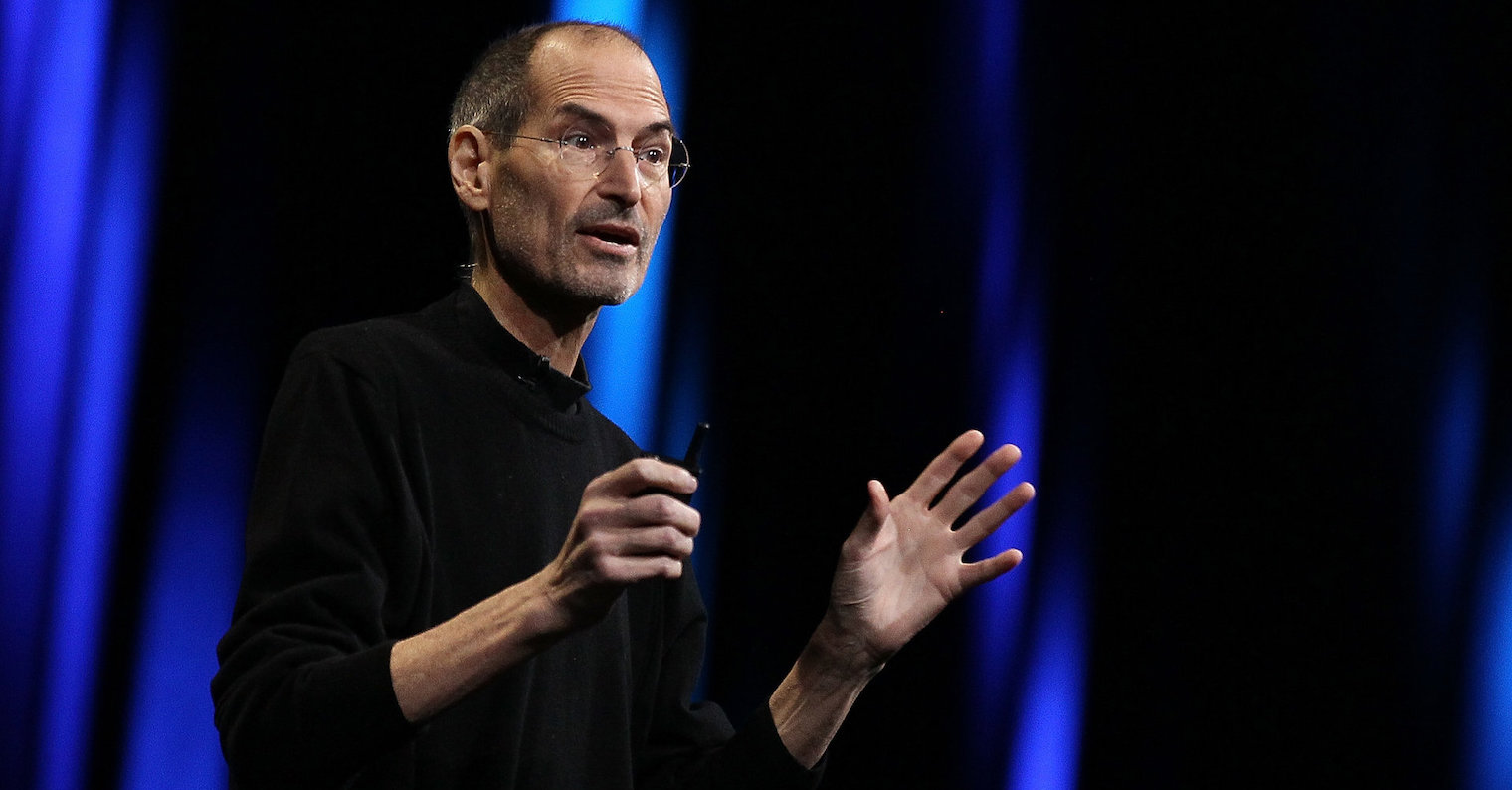
Influence others
Whether they work for you or you for them, people always need recognition for their actions, and they respond very positively to displays of affection. Steve Jobs was very well aware of this fact. He could charm even the highest-ranking managers, and people passionately craved recognition from Jobs. But he was definitely not a sunny director who was just overflowing with positivity: "He could be charming to people he hated, just as he could hurt those he liked," reads his biography.
Affect memories
How about pretending that all the good ideas came from you? If you happen to change your mind, there's nothing easier than just sticking to the new idea tooth and nail. Memories of the past are easily manipulated. No one can be right all the time in all circumstances - not even Steve Jobs. But he was a master at convincing people of his own infallibility. He knew how to hold on to his position really firmly, but if someone else's position turned out to be better, Jobs had no problem appropriating it.
When Apple decided to open its own retail stores, Ron Johnson came up with the idea of a Genius Bar, staffed by "the smartest Mac people". Jobs initially dismissed the idea as crazy. “You can't say they're smart. They're geeks,” he declared. The very next day, however, the General Council was asked to have the trademark "Genius Bar" registered.
Make decisions quickly. There is always time for change.
When it came to making new products, Apple rarely engaged in analyzing studies, surveys, or conducting research. Important decisions rarely took months at a time - Steve Jobs could get bored very quickly and tended to make quick decisions based on his own feelings. For example, in the case of the first iMacs, Jobs quickly decided to release new computers in colorful colors. Jony Ive, Apple's chief designer, confirmed that half an hour was enough for Jobs to make a decision that elsewhere would take months. Engineer Jon Rubinstein, on the other hand, tried to implement a CD drive for the iMac, but Jobs hated it and pushed for simple slots. However, it was not possible to burn music with those. Jobs changed his mind after the release of the first batch of iMacs, so subsequent Apple computers already had the drive.
Don't wait for problems to be solved. Solve them now.
When Jobs worked at Pixar on the animated Toy Story, the character of the cowboy Woody did not come out of the story twice the best, mainly because of interventions in the script by the Disney company. But Jobs refused to let the Disney people destroy the original Pixar story. "If something is wrong, you can't just ignore it and say you'll fix it later," Jobs said. "This is how other companies do it". He pushed for Pixar to take over the reigns of film again, Woody became a popular character, and the first ever animated film created entirely in 3D made history.
Two ways to solve problems
Jobs often saw the world in fairly black and white terms - people were either heroes or villains, products were either great or terrible. And of course he wanted Apple to be among the elite players. Before the Apple company released its first Macintosh, one of the engineers had to build a mouse that could easily move the cursor in all directions, not just up and down or left or right. Unfortunately, Jobs once heard his sigh that it was impossible to produce such a mouse for the market, and he responded by throwing him out. The opportunity was immediately seized by Bill Atkinson, who came to Jobs with the statement that he was able to build a mouse.
To the maximum
We all know the saying "rest on your laurels". Indeed, success often tempts people to stop working. But Jobs was completely different in this regard as well. When his bold bet to buy Pixar proved to pay off, and Toy Story won the hearts of critics and audiences alike, he turned Pixar into a publicly traded company. A number of people, including John Lasseter, discouraged him from this step, but Jobs persisted - and he certainly did not have to regret it in the future.
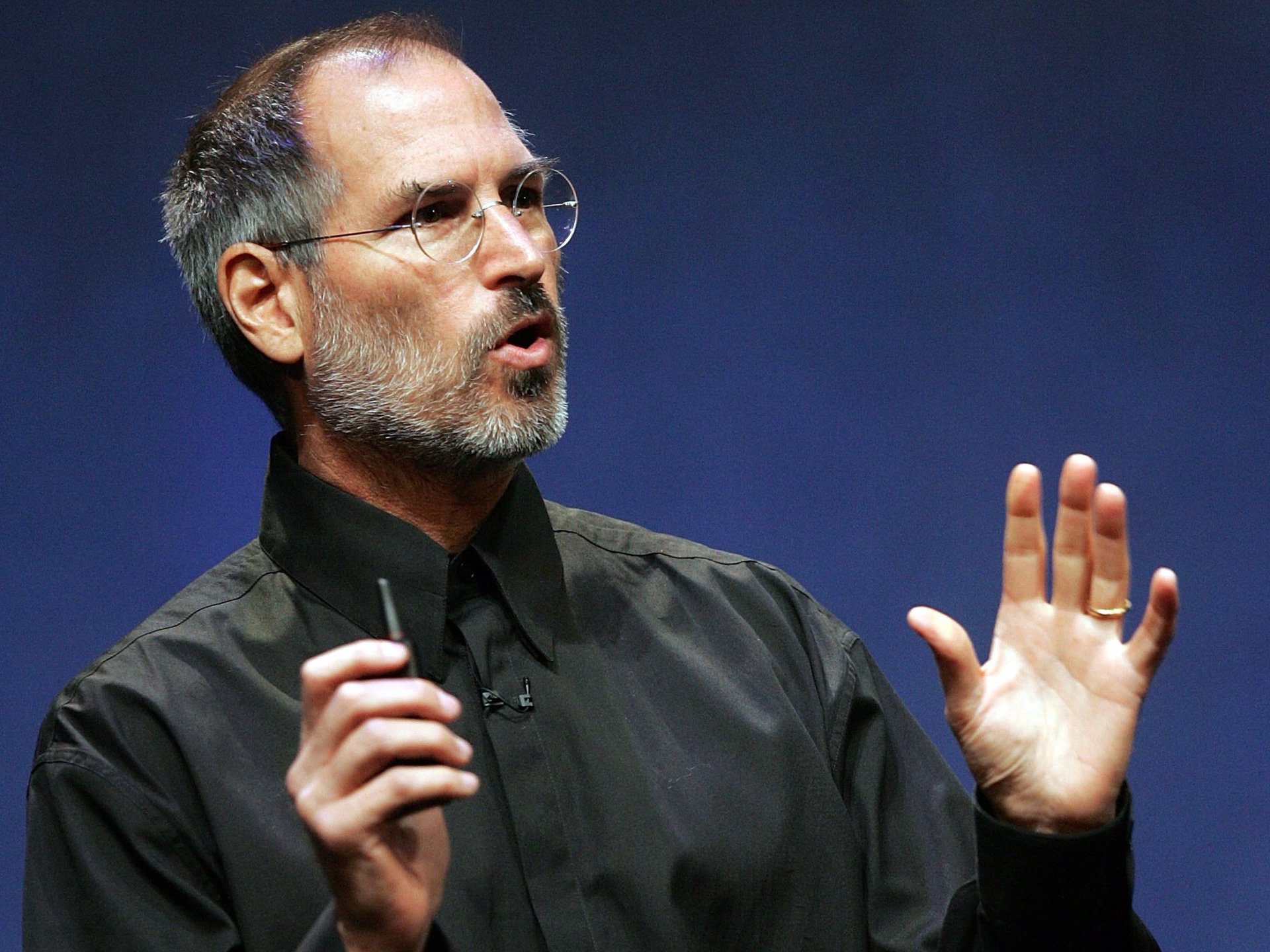
Everything under control
Jobs' return to Apple in the second half of the 1990s was huge news. Jobs initially claimed that he was only returning to the company as an adviser, but insiders at least had an inkling of where his return would actually lead. When the board rejected his request to revalue the stock, he argued that his job was to help the company, but that he didn't have to be in it if anyone didn't like something. He claimed that thousands of even more difficult decisions rested on his shoulders, and if he was not good enough for his job according to others, it would be better to leave. Jobs got what he wanted, but it wasn't enough. The next step was a complete replacement of the members of the board of directors and
Settle for perfection, nothing else
When it came to products, Jobs hated to compromise. His goal was never just to beat the competition or make money. He wanted to make the best possible products. Perfectly. Perfection was the goal he pursued with a stubbornness of his own, and he was not afraid of immediate dismissals of responsible employees or other similar steps on his way. He shortened the production process of all Apple products from four months to two, while developing the iPod he insisted on a single control button for all functions. Jobs managed to build such an Apple that to some it resembled a kind of cult or religion. "Steve created a lifestyle brand," said Oracle co-founder Larry Ellison. “There are cars that people are proud of – a Porsche, a Ferrari, a Prius – because what I drive says something about me. And people feel the same way about Apple products," he concluded.
It could be interest you
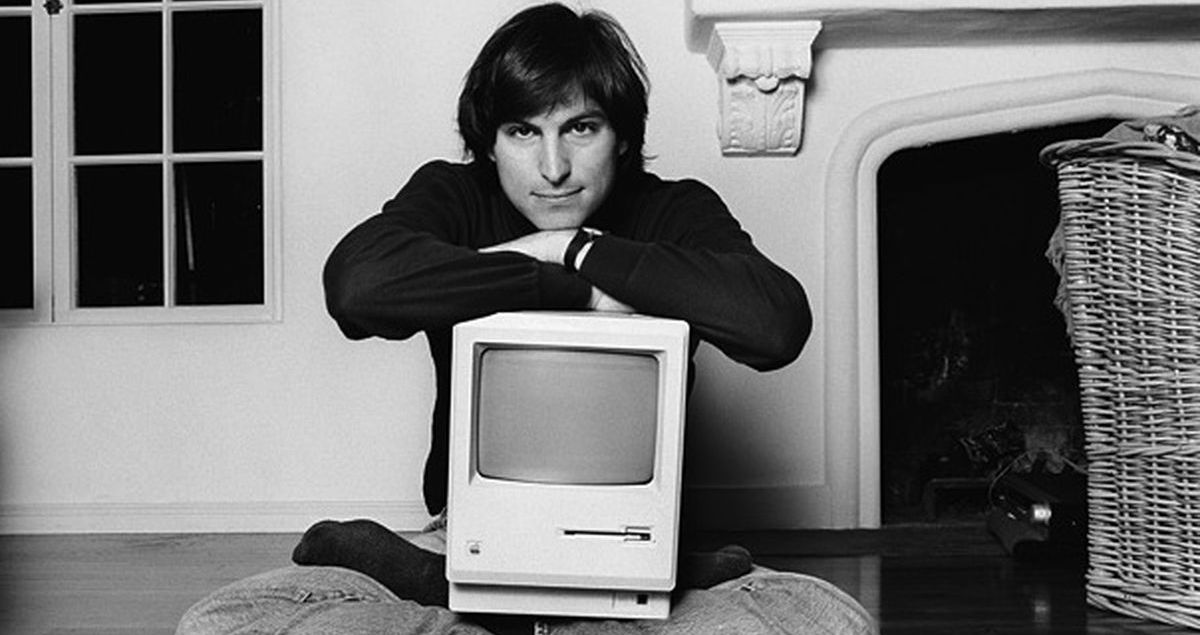
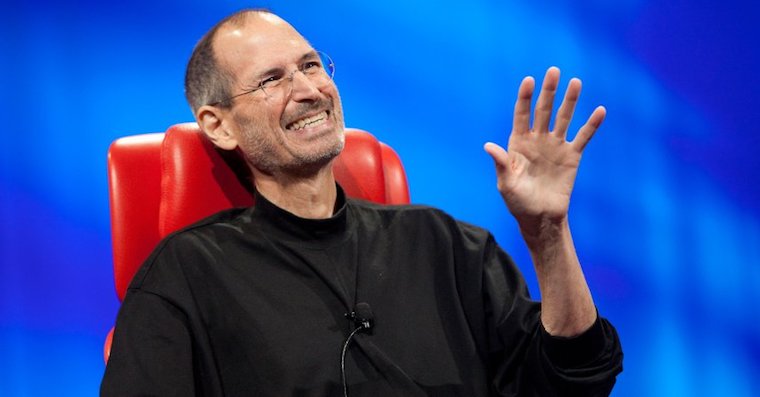
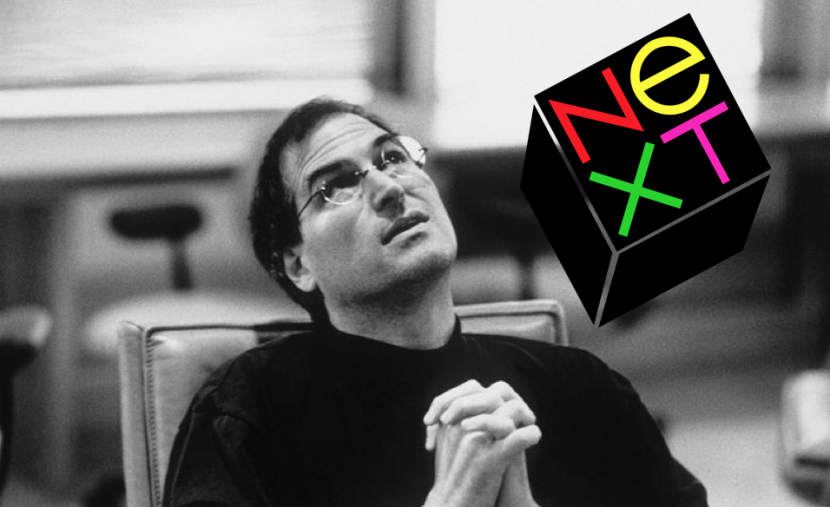
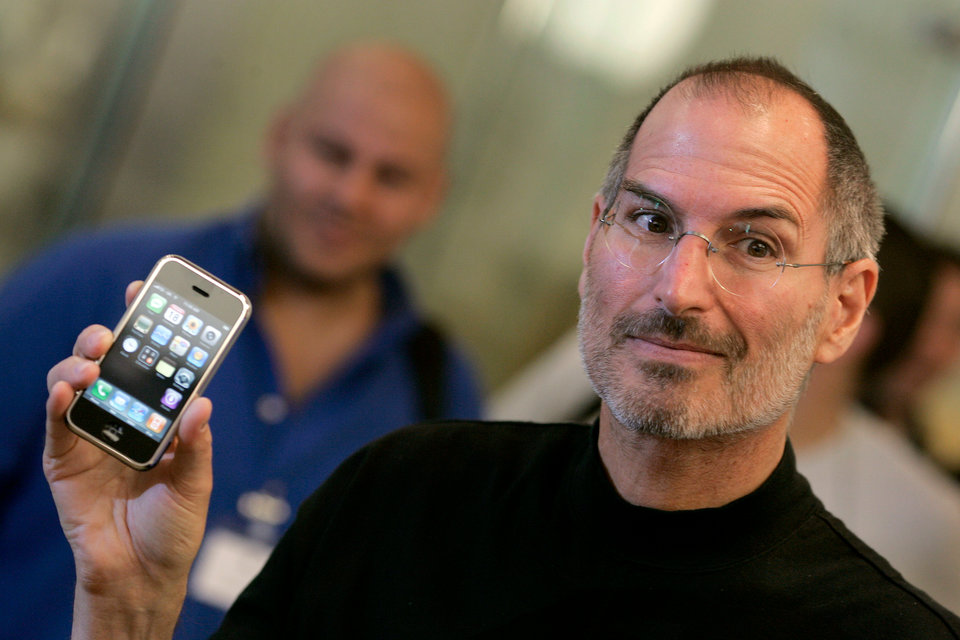
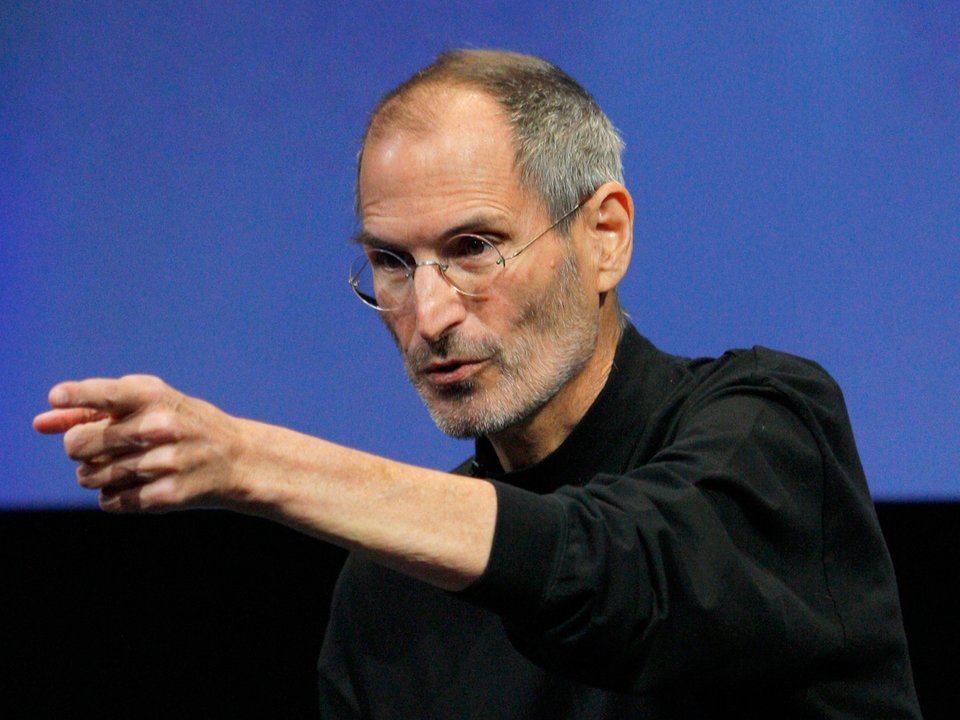
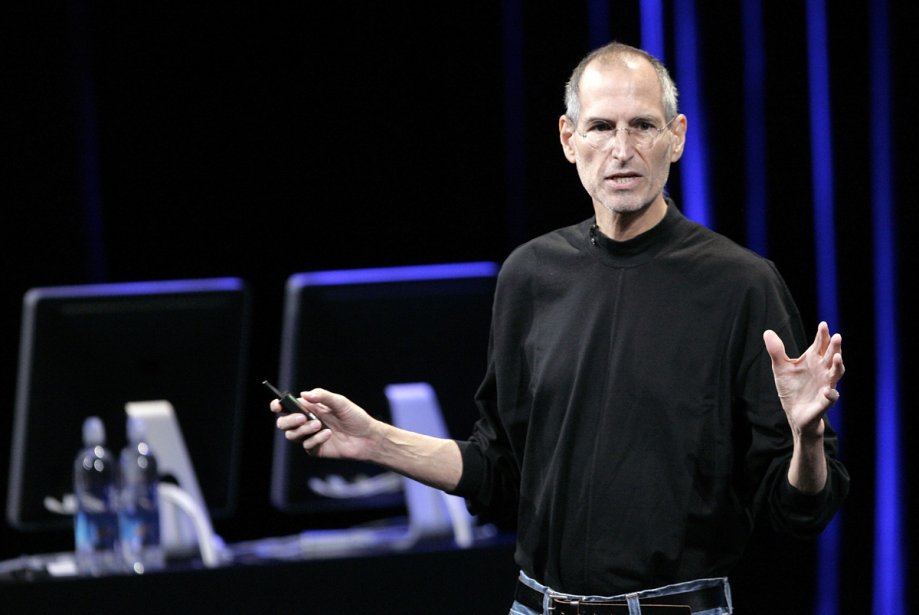
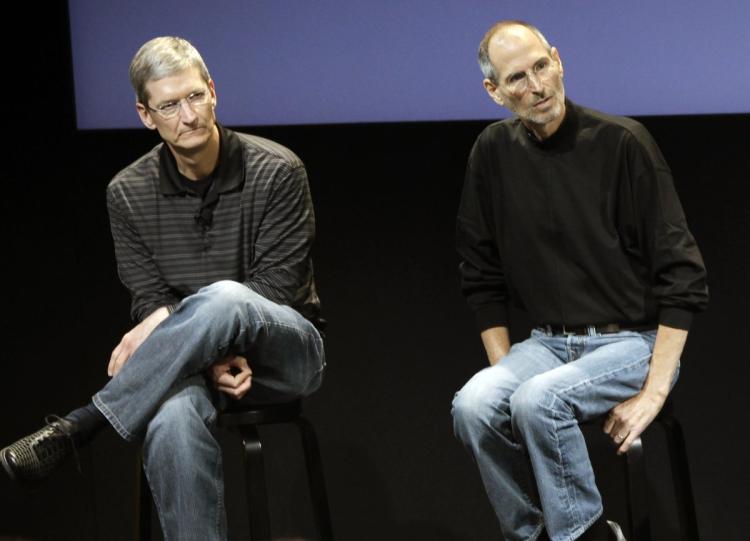
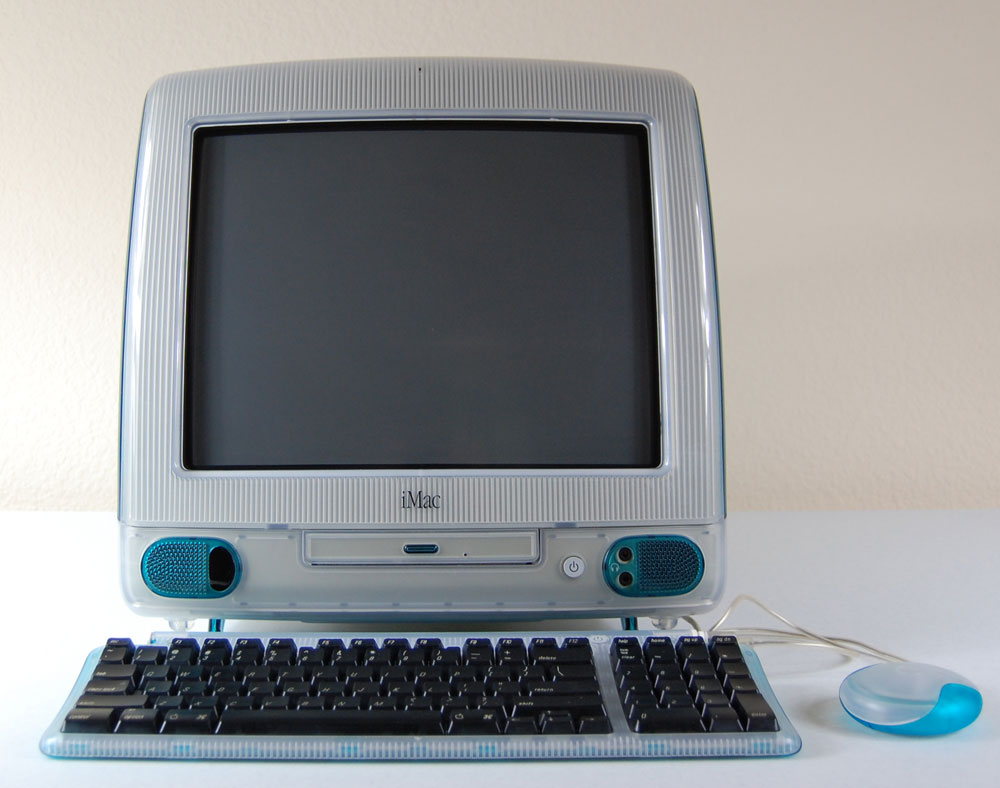

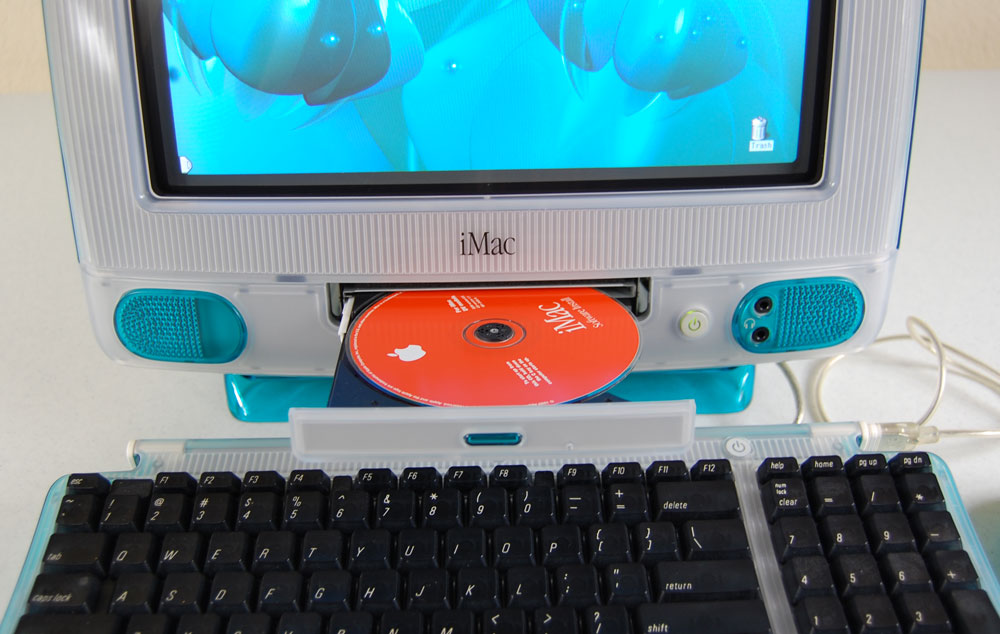

Gates was clearly more efficient
He was a psychopath, a sociopath, he robbed a bunch of people of ideas. Such a villain is praised and glorified by this society? We have fallen deeply. This is the moral crisis of this society.
I'm glad I don't have a boss like that. :-)